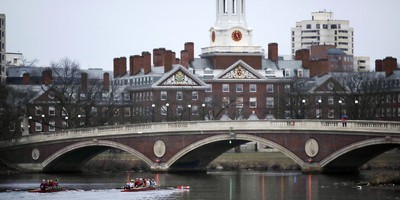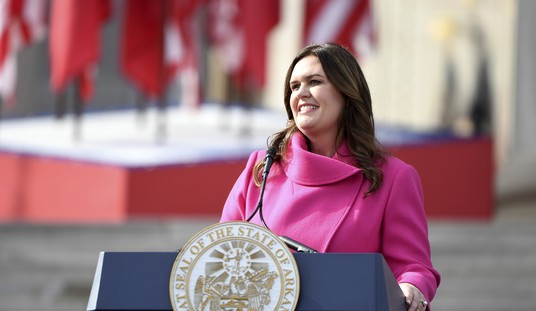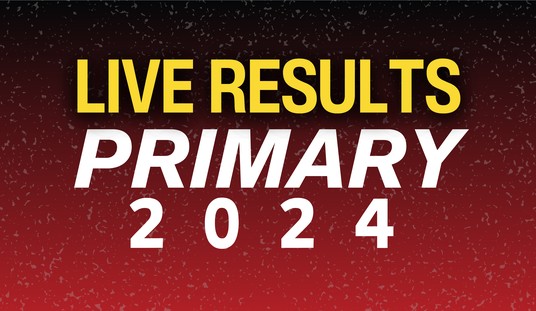In South Carolina the state legislature and the flagship university seem to be at odds over whether college students should be required to study the U.S. Constitution, the Declaration of Independence, and the Federalist papers. The legislature recently updated the statute requiring study of the founding documents. The president of the University of South Carolina previously criticized the requirement as “archaic.” Ironically, the first state to leave the union is now trying to lead the nation’s efforts to ensure, through education, that the Republic will endure.
It is a fight worth having.
A recent study by the Annenberg Public Policy Center revealed only one third of Americans could name the three branches of government and another third could not name even one. There’s little doubt such ignorance of basic civics is having profoundly negative impact on our politics and culture.
The Annenberg survey also showed a correlation between knowledge of the Constitution and a willingness to defend the independence of the judiciary.
If the American education system continues failing at basic civics instruction to such a degree reflected in the Annenberg study, the importance of an independent judiciary’s role as guardian of our God-given rights cannot be overstated. In fact, one could argue the significance of the courts’ interpretation of the Constitution is inversely proportional to the ignorance of the general population.
One problem inherent in a democratic republic is that a constitutionally illiterate population is more likely to fall for dangerous proposals like the progressive left’s new goal of “packing” the Supreme Court with more justices to ensure outcomes more in line with their policy ideology, or in the very least, block those nominees they can’t control.
And, it isn’t just citizens who appear to lack civic knowledge.
Recommended
Indeed, perhaps Annenberg should have polled members of the U.S. Senate on Article VI of the Constitution and its strict prohibition on a religious test for office. Based on the recent actions of Sens. Feinstein, Harris, Hirono, and others, the results would likely mirror the dangerous lack of knowledge of their constituents.
A bit of timeless wisdom often attributed to Mark Twain (though unverified) is that a man that doesn’t read the newspapers is uninformed and a man who reads the newspapers is misinformed. Another gifted wordsmith, Ronald Reagan, was fond of saying his political opponents were, “not ignorant, they just know so many things that aren’t so.”
Both quotes illustrate “knowing” things that aren’t true to be even more dangerous than not knowing the truth. No area of the law is a better example of this maxim than religious liberty. Over many years the general public and even many members of the judiciary have accepted the idea of separation of church and state as a canonical lens through which Establishment Clause and Free Exercise Clause cases must be viewed despite the conspicuous absence of the phrase from the Constitution.
The result has been an often-undeclared yet overt government hostility to religion and to those seeking to live in adherence to deeply held religious views spurred on by atheist and humanist organizations hell bent on a religious cleansing of American life. One need only consult the client list of the religious liberties bar for evidence.
The Founders placed religious freedom first in the Bill of Rights because they knew that if government officials were ever permitted to invade the space between man and God, there would be no limit to government authority and inevitably the type of tyranny they fought an empire to escape. The ignorance – or denial – of this fact among citizens, Senators and the judiciary threatens our nation.
If we are to keep our Republic as Benjamin Franklin admonished after the constitutional convention we must combine a top-down and bottom-up approach to the threat of constitutional ignorance. We need judges who strictly adhere to the text of the Constitution, fiercely guard the rights of the people, and sternly enforce the separation of powers. To date, President Trump’s nominees to the federal bench have been superbly qualified and worthy of our trust to do so. Add to excellent jurists a population of citizens who are well informed of their rights and our grand experiment in self-government might just survive.
We also need citizens who elect to office those who also adhere to the Constitution, confirming judges who do so without politicizing the confirmation process.
A look back at American history reminds us fights that start in South Carolina have monumental implications for the rest of the nation. This current conflict between the state legislature and the university is no different. A look even further back in human history cautions with Divine wisdom, “My people are destroyed for a lack of knowledge…”
Lathan Watts is a National Review Institute Regional Fellow and Director of Legal Communications for First Liberty Institute, a non-profit law firm dedicated to restoring religious freedom for all Americans.
























Join the conversation as a VIP Member